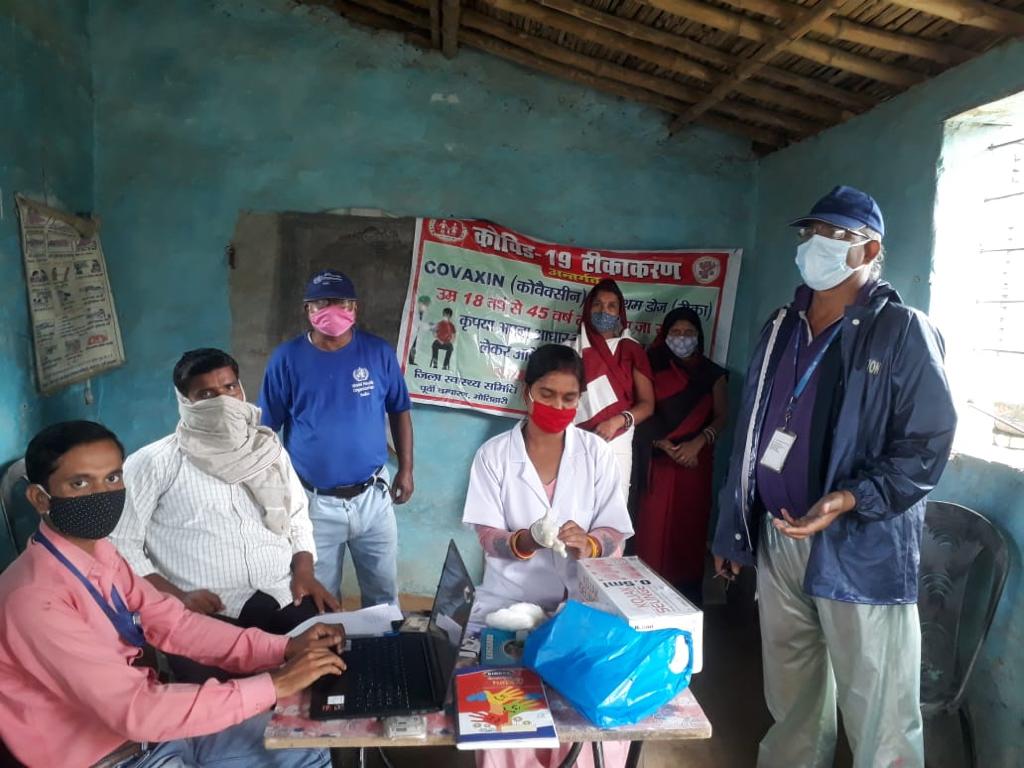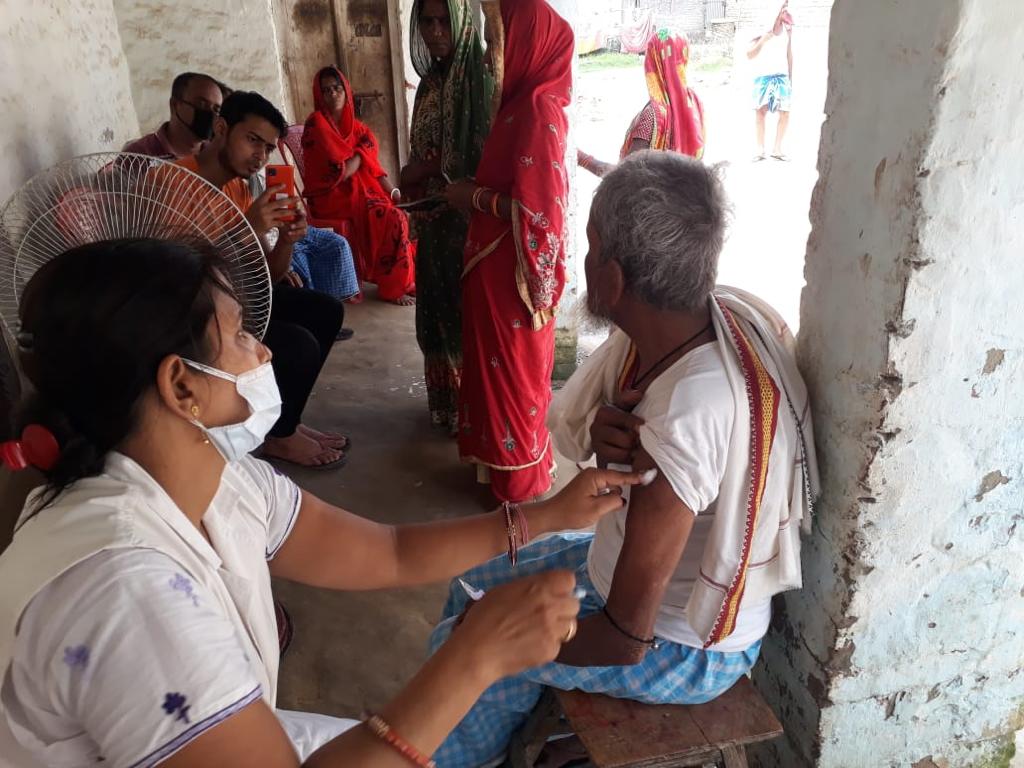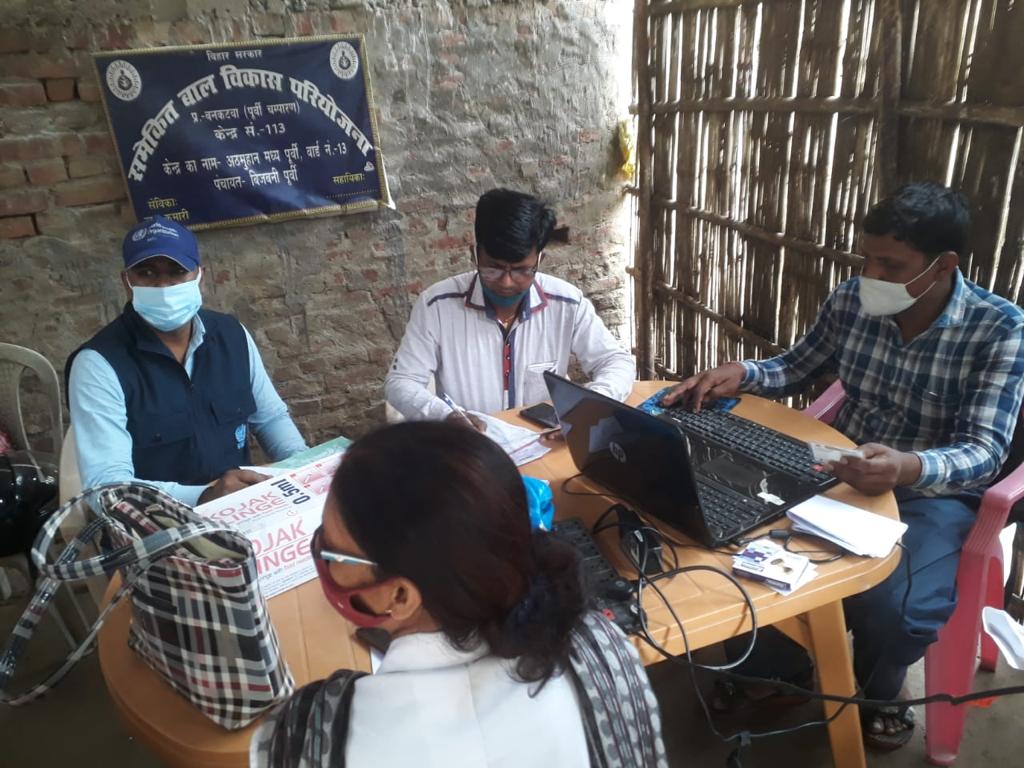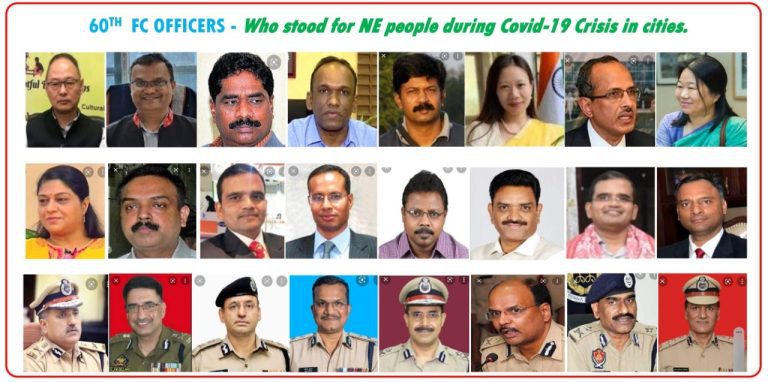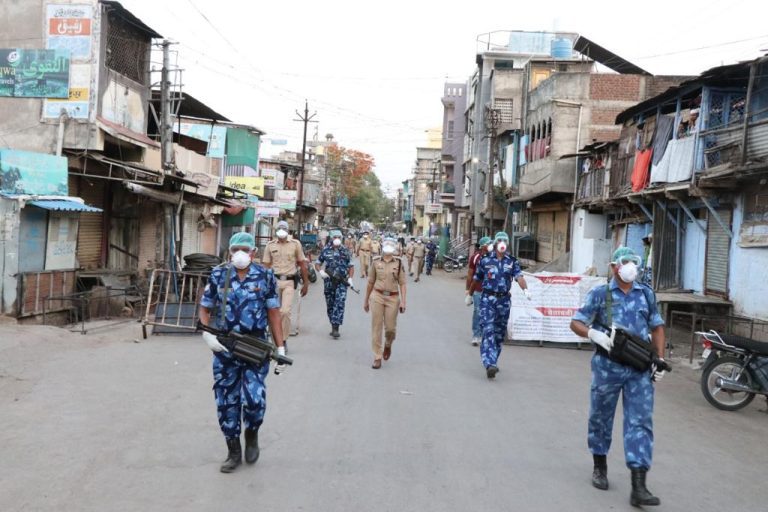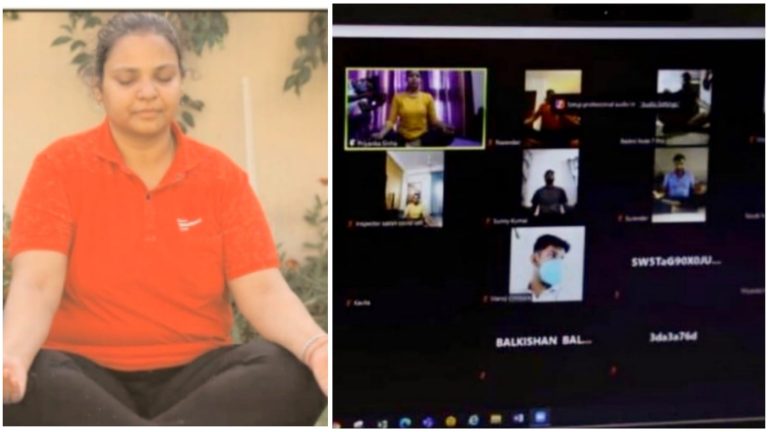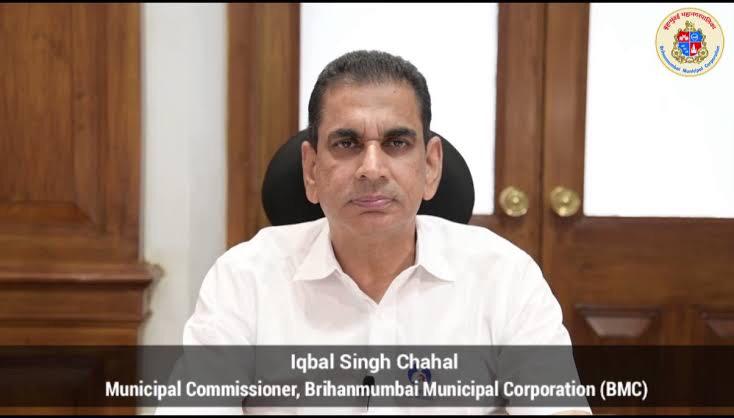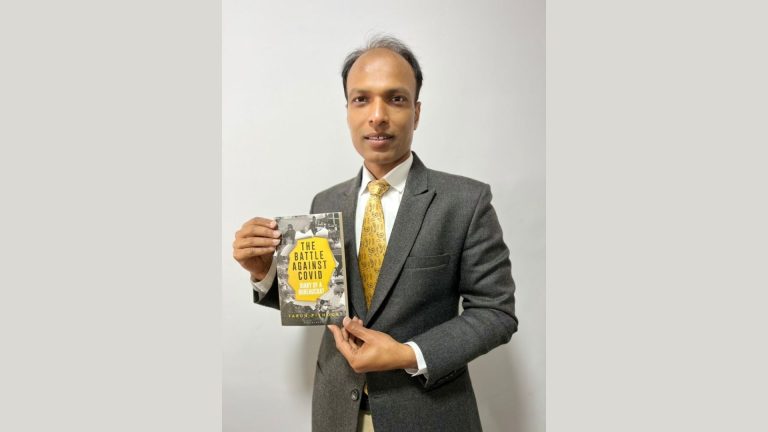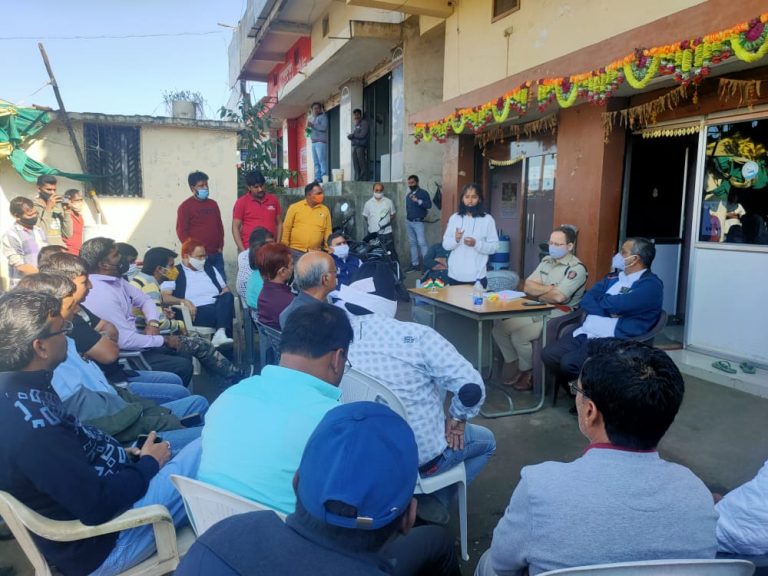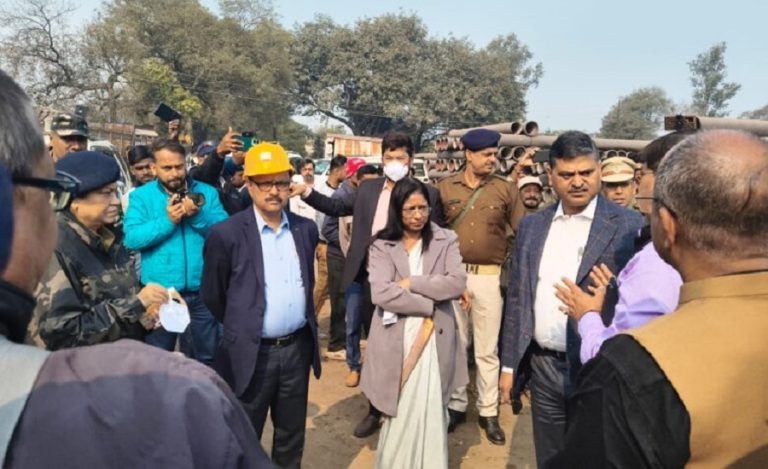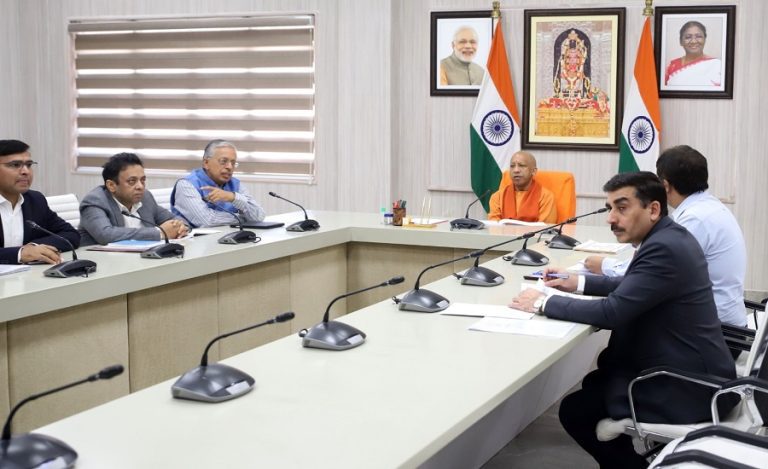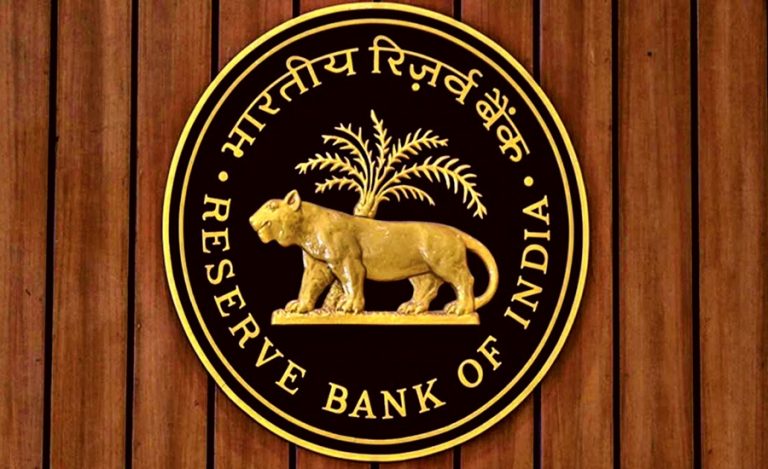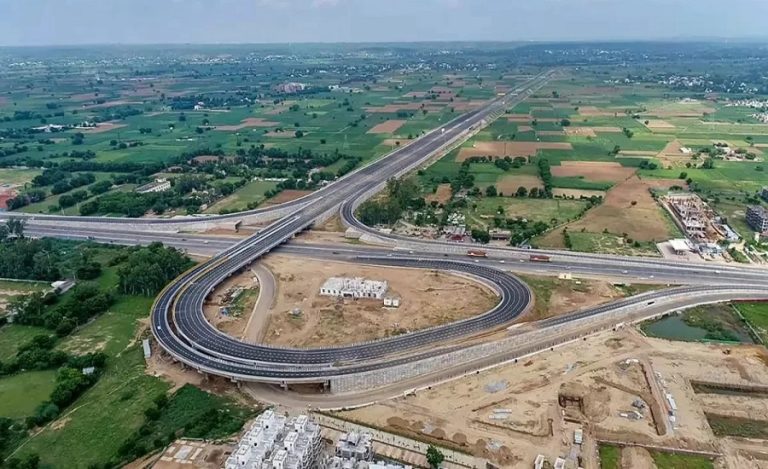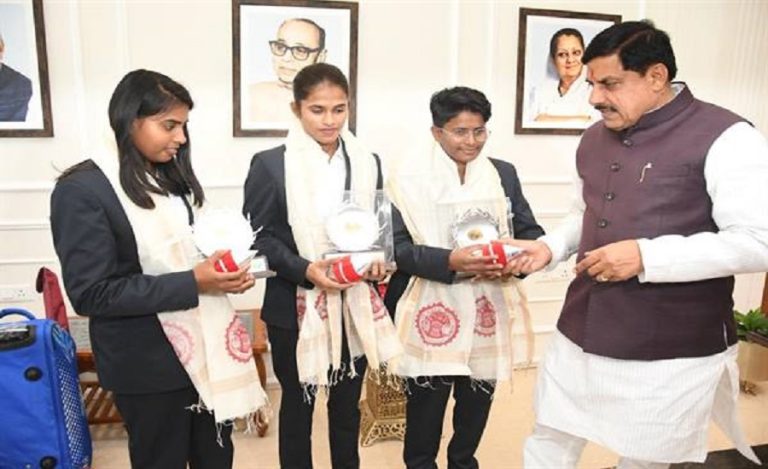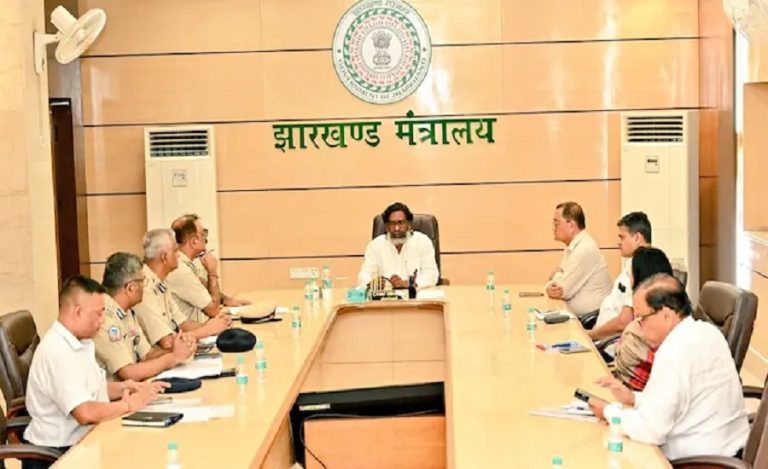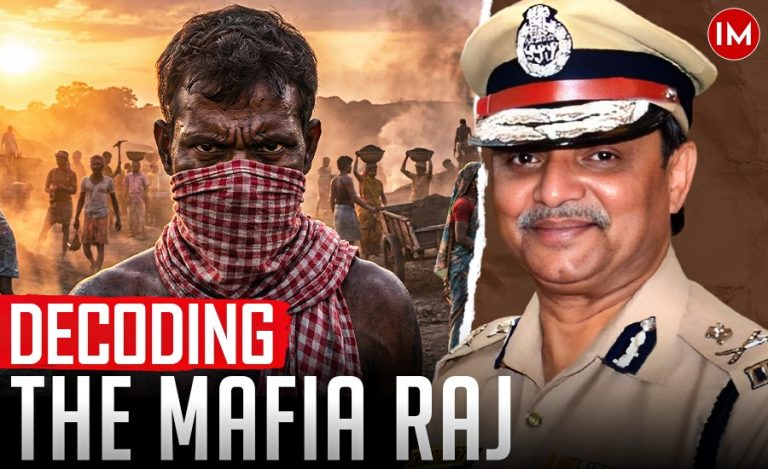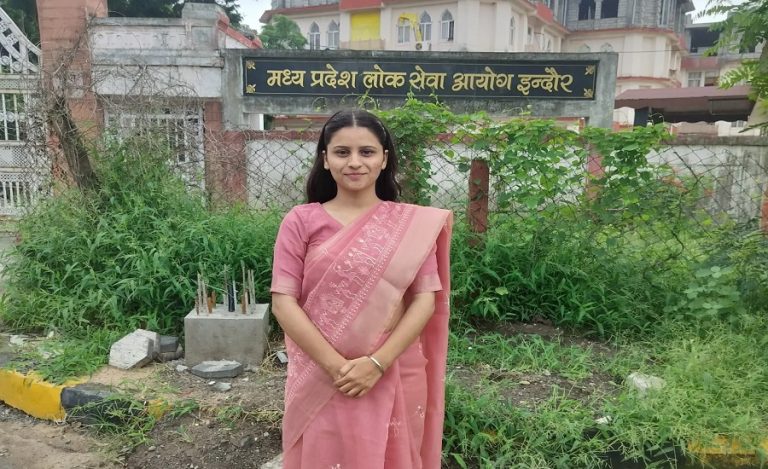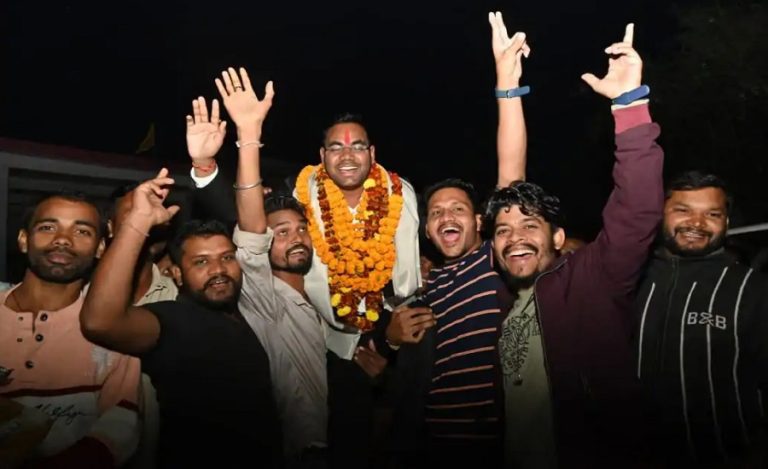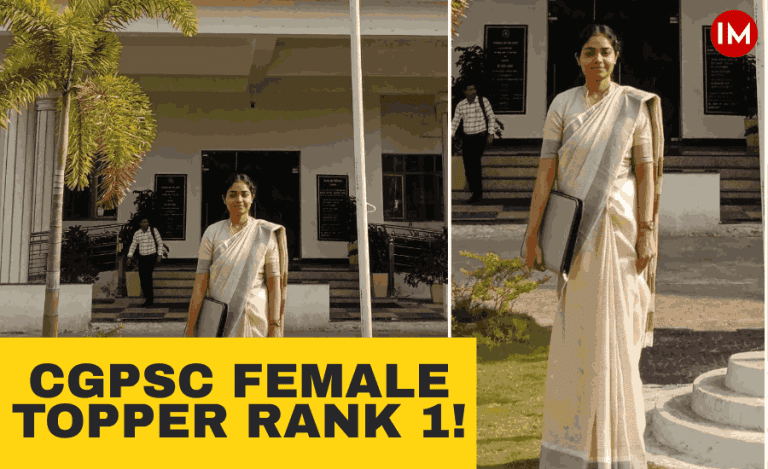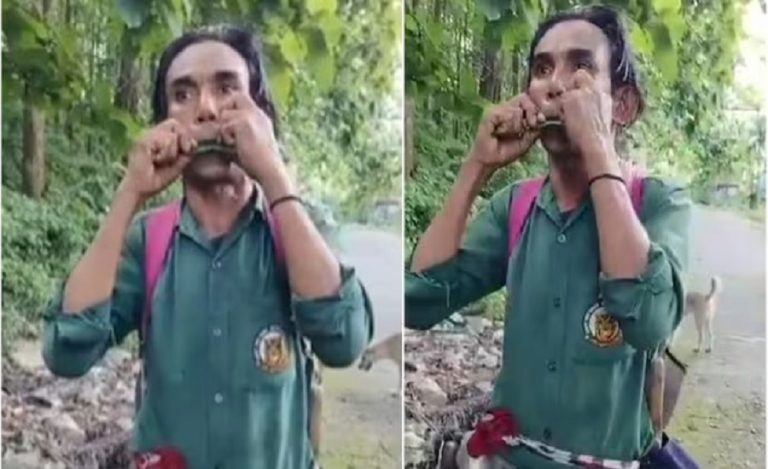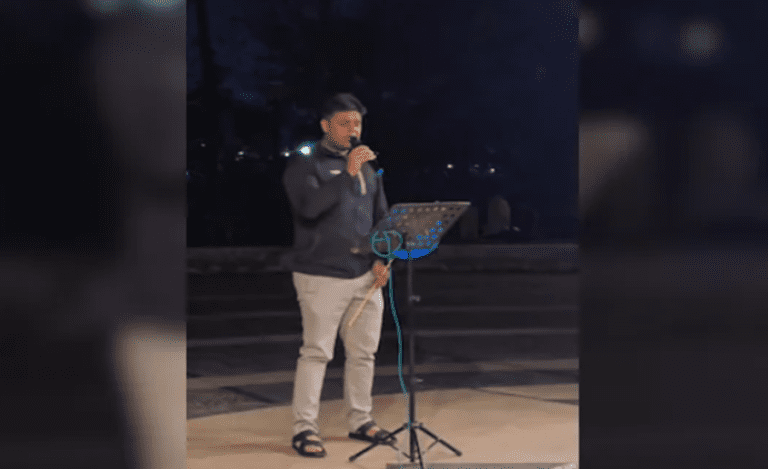The Bankatwa block of Motihari district in Bihar shares its international border with Nepal. It is the farthest block from the district headquarters, marked by bumpy roads and poor medical infrastructure. The region has historically behind even when it comes to routine immunization of kids below 5 years. However, with the deadly Covid 19 threatening to engulf the entire India, the District Collector of Motihari, Mr Shirsat Kapil Ashok decided it was time to break the preconceived notions of this “backward’’ part of Motihari.
The DC, therefore, initiated a cluster-based approach for vaccinating the entire population of the Bankatwa block. With his efforts, everyone living in Bankatwa currently has got their first dose of Covaxin and are now waiting for the second jab.
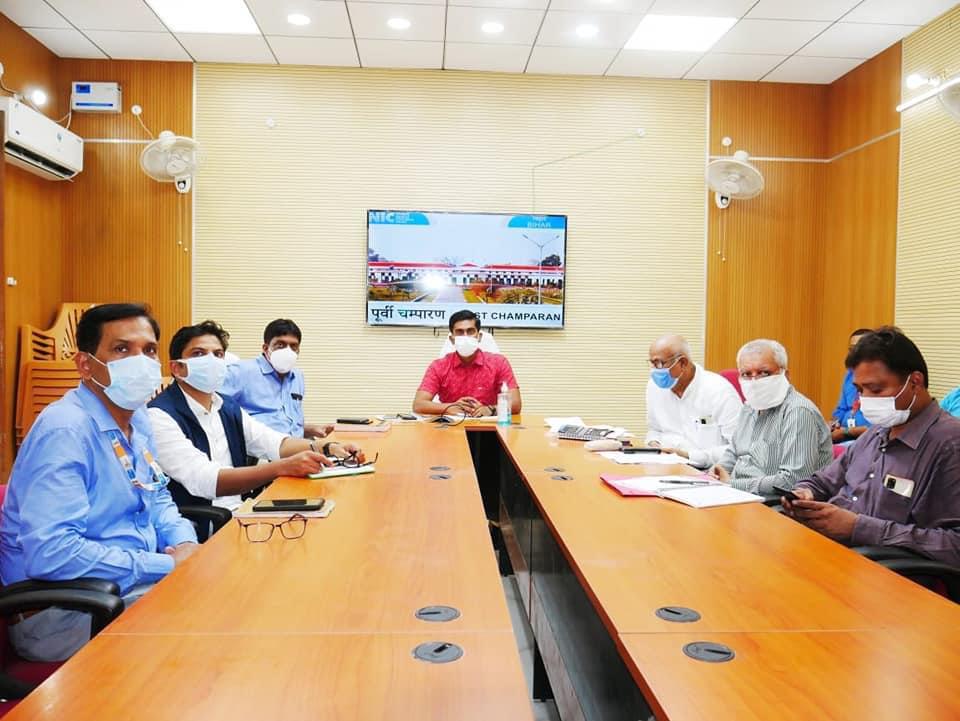
Not only this, Mr Ashok is also leading the same campaign in other areas like Piprakothi, Raxaul and Motihari Nagar Nigam area. He hopes to achieve 100% vaccination for the entire district in coming one to one-and-a-half months.
Mr Ashok told Indian Masterminds that in the population of approx. 40 lakhs in the district, around eight lakh people have been vaccinated. The remaining number is big but with Chief Minister’s campaign of six crore vaccination in six months, it doesn’t seem impossible to the officer.
Why Bankatwa?
Other than having poor immunization rate and connection with Nepal, many things were considered before starting the vaccination campaign in Bankatwa. Mr Ashok explained, “Since the region shares international borders with Nepal, it was important to vaccinate the public in order to avoid any other strain to reach our state and country. Secondly, availability of Covaxin was also a factor. Earlier, we only had Covishield but then we started getting Covaxin also. So, we thought of saturating one block with one kind of vaccination to avoid any confusion amongst the health workers as well as the public. With this approach we would also know which area is due for the second the dose of vaccination.’’
Taking WHO on the board
The collector first approached the idea of vaccinating Bankatwa in a Covid review meeting and asked the district health society to prepare a micro plan for the whole campaign. He also roped in WHO to assist the society in planning, which is concurrently monitoring the whole process so that not a single village gets missed out in the vaccination drive.
Dr. Shahwar Kazmi, surveillance Medical officer (WHO-NPSP) said, “There are 10 panchayats and more that 140 villages in the block. We started by vaccinating one panchayat first and then moving to the second. After the two panchayats were vaccinated, the DM observed that the process was too slow and it would take us forever to vaccinate the entire block. He then advised to maximize the human and material resources for few days to achieve 100% vaccination”.
Going ahead with the DM’s advise, it was decided that on 21st and 22nd of June the remaining 8 panchayats of the block would be vaccinated. The ground work was started by ensuring the supplies, identifying the sites and managing the human resources. “For storing the vaccines we were short of one Iceland refrigerator. We first sorted that out. A team of 50 data entry operators were also taken on board for real time registration on Cowin app as per the Central Government’s guidelines. This was necessary because most of the villagers didn’t have the idea about booking a slot. With a control room in block development office and backup team to avoid any kind of discrepancy, we were ready for the two days campaign”, said Mr. Kazmi.
Thus, more than 50 thousand people were vaccinated in the block during these two days.
Bridging The Gap
Added Mr Kazmi, “about 61000 people were registered in electoral polls. We covered more than 50,000 in two days but there was a gap of almost 10,000 people. So, we started mop-up which was led by the field monitors of WHO. With that we were able to vaccinate around 59000. We started random survey of those who were left out, and found that most of them either a pregnant or lactating mothers. The guidelines for lactating women have changed but still some of them have not taken vaccination in the block. However, we can say that those who are in the block currently are vaccinated”, said Mr. Kazmi.
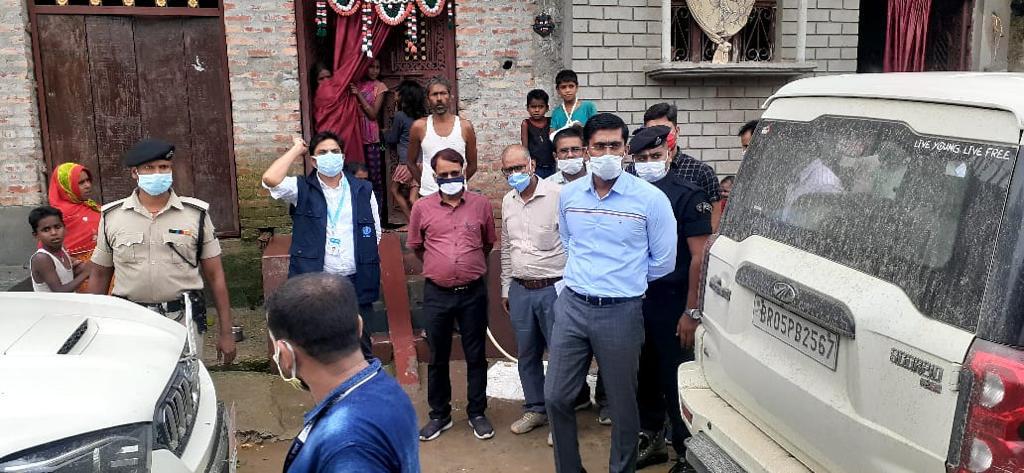
He also mentioned that even the DM came for a random survey of around 500 people and found that 490 had been vaccinated.
Prepared for third wave
Given the present scenario, the district administration of Motihari is also full prepared for the possible third wave of pandemic. Mr Ashok said that vaccination was the only way to avoid that wave and he was aware of it. Keeping these factors in consideration, the district administration has taken preventative measures like identifying child friendly rooms and ensuring ICUs for the kids as it is generally feared that children may be most hit this time round- in case there is a third wave.

